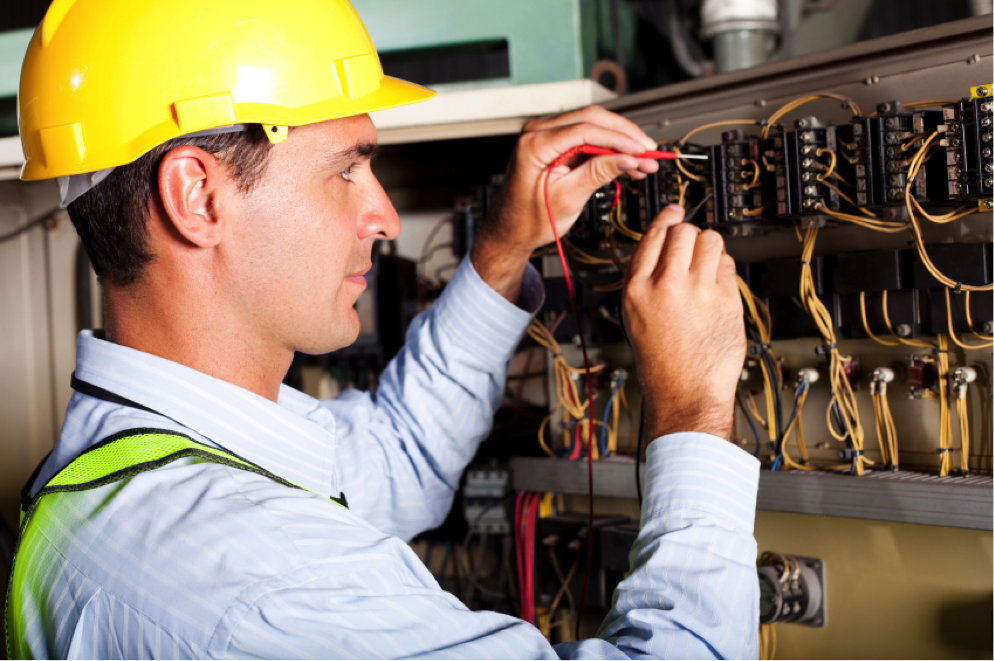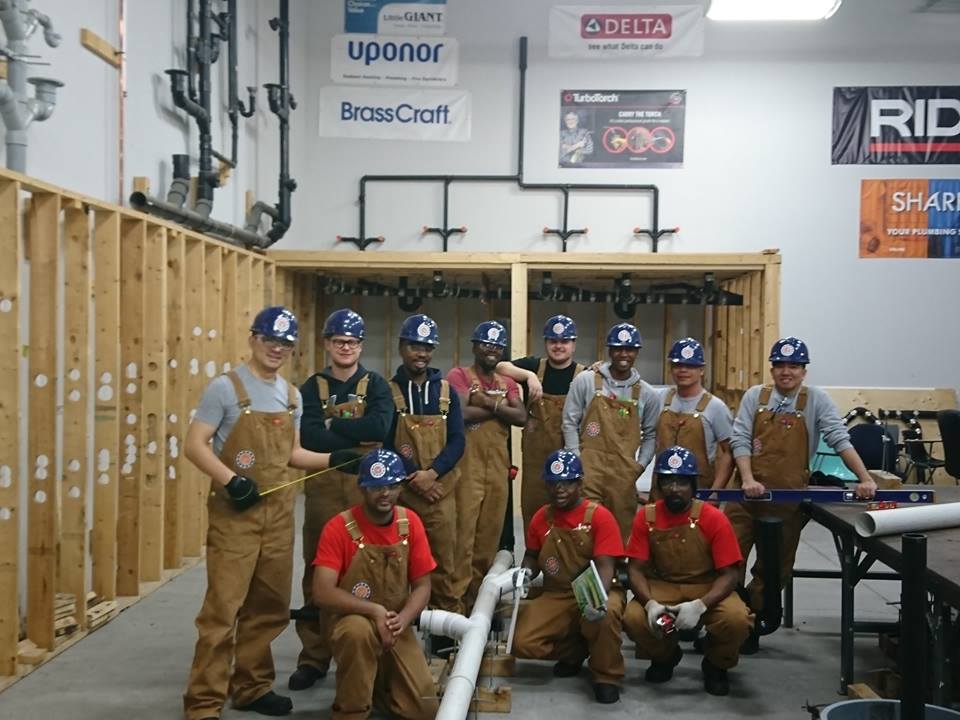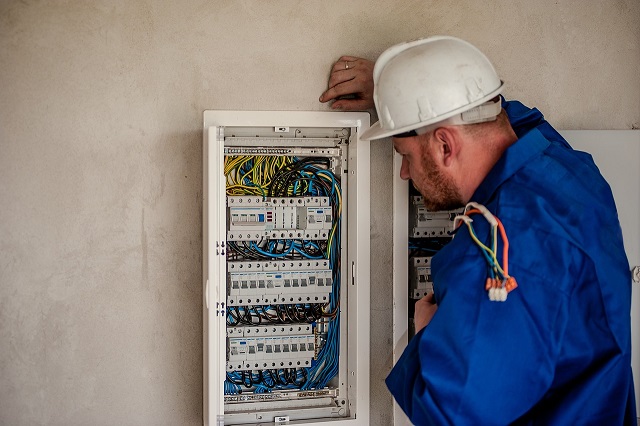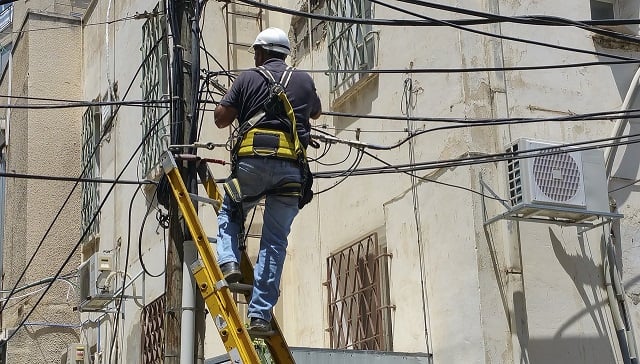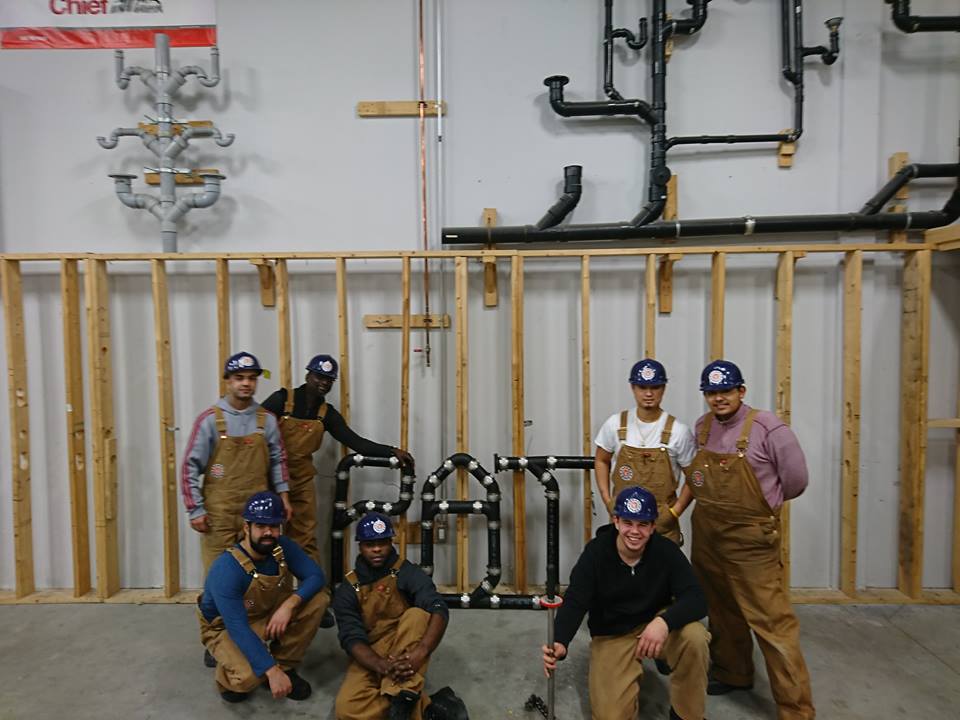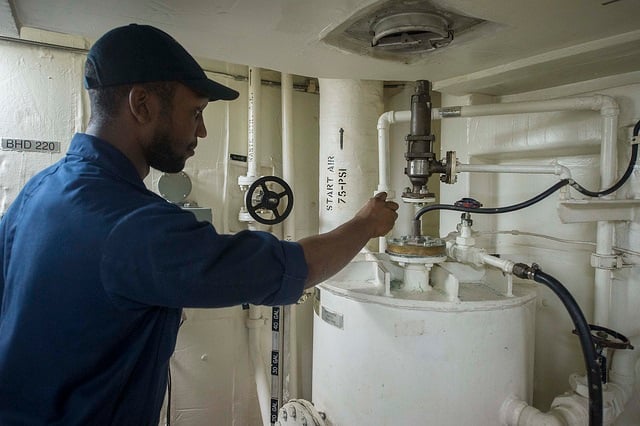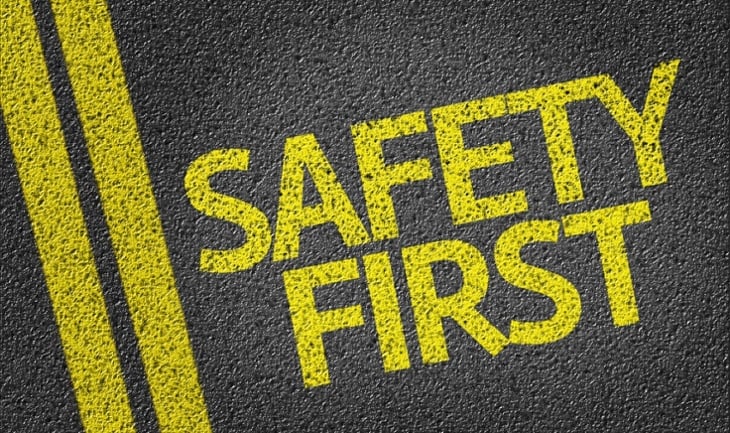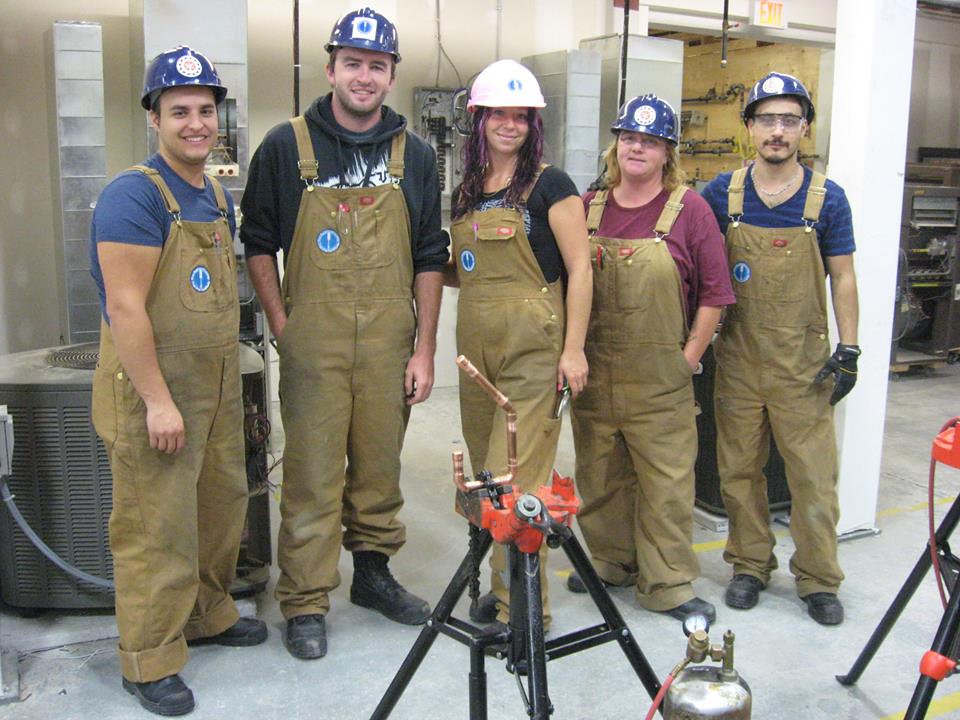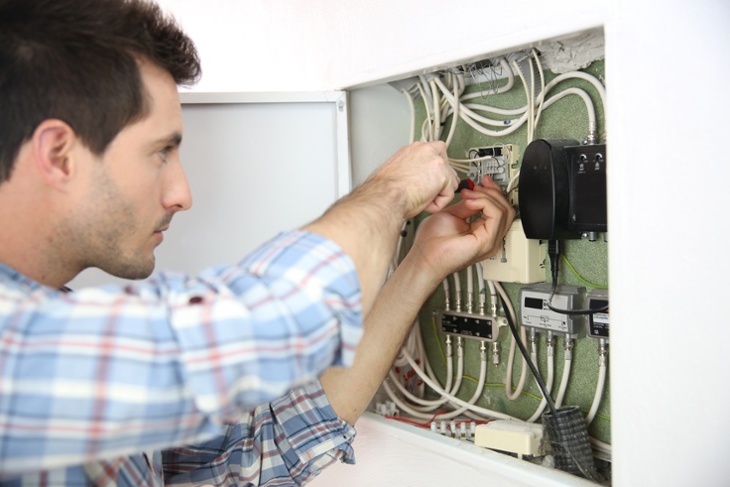Should you become an electrician? If you look at it from an employment and salary angle, the answer is easy.
Electricians have been in steady demand across Ontario for the past several years—and the trend is expected to continue.
Salaries for electricians are also going strong. The median wage for electricians in Ontario right now is $35 per hour, or about $73,000 a year.
At the high end of the pay scale, electricians are making $50.50 per hour—that's $105,000 a year. (Salary information is based on the latest report from the Government of Canada Job Bank.)
But it's not all about money.
To do well in electrician training, and feel happy in your career, you'll need a certain set of professional and personal skills.
So let's take a look at eight of the most important skills for successful electricians.
By the time you reach number eight, you'll have a much better idea of whether this trade is right for you (plus some helpful links and steps to take next). Let's get started.

